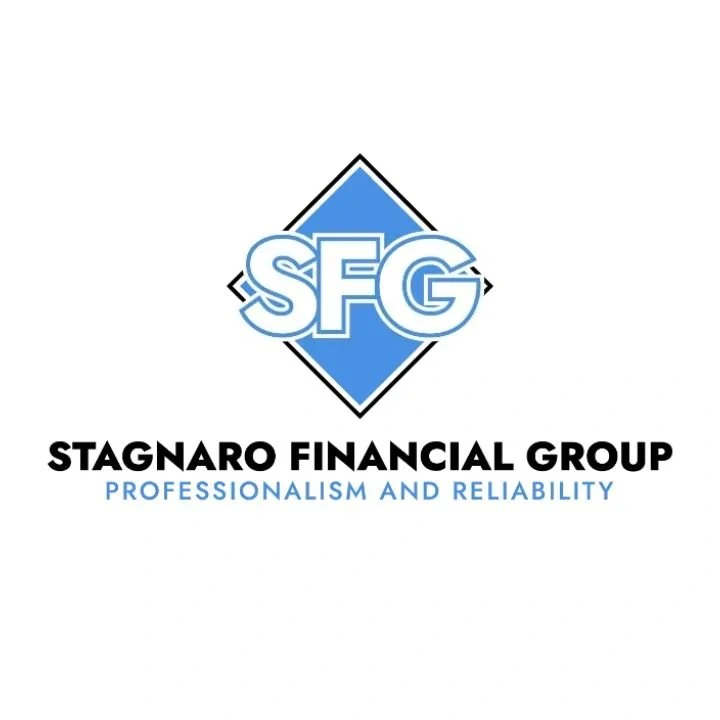Practicing Responsible Management
When people make mistakes in their career that could become detrimental to the point of ending the possibility to return to it, there is something that should be mentioned. People who do or act in a way that is inappropriate or unequivocally upsetting to the public should be reprimanded, they should be brought to light and they should pay the price and stand the repercussions of their actions. However, there is something called falling with grace and that is important in all parts of professions.
When a person has been accused of a particular action that is disconcerting, if not reprehensible, one must realize that people who commit certain wrongs have possibility, rationalization and opportunity to do them. While people can be acting in a manner which is adequate in their mind but in the eyes of others appears as a dilemma, one must put into a balance various elements: mental state and circumstances that have led the individual to commit a heinous action.
When approaching a sensitive subject such as fraud, one must fully integrate the factors that go into creating the right solution to avoid such events from happening again. When there are no checks and balances in companies where people without scruples operate, the lack of supervision could become something very easy to abuse. Abuse of power happens when someone feels that they have a right to something that has been provided to them freely or without accountability; however, once someone else recognizes that there is a problem and a conflict of interests, the organization should place limits and provide an environment that nurtures open communication and that allows whistle blowers to freely speak about situations that could become detrimental along the way if situations are not discussed and addressed.
Fraud can happen anywhere, and particularly, during times of change, modifications of the environment and reorganization, companies must be mindful of opportunities in which employees could take advantage of their position. While it is important to participate in the direction of the organization from the perspective of leadership, it is also important to keep in mind that leadership can be detrimental if it is simply a title. Leadership in an organization encompasses participating with a mindset of cooperation, accountability and teamwork.
Many of the components of the accounting profession are based on integrity. When someone in management is using authority to create environments which are negative and detrimental, it is time to blow the whistle and request a change of pace and a change of policies. Accountants are mandated officers in their profession and their leverage and purpose is based on stating facts as opposed to opinions. Facts are numbers and financial reports that demonstrate the potential for an organization to continue to operate or the failure of its processes and its downfalls.
While keeping a professional and neutral mindset, accountants must be able to bring to light issues that are concerning for a business, they must be able to pinpoint potentials for problematic scenarios and the capability of management to commit fraud as well as any involvement of employees and outsiders.
Securing data and upholding confidentiality is not only a matter of locking doors and cabinets, it is a process and a culture of respect for the work of the accountant and how the accountant fits into the group of people that they work with. Confidentiality is particularly important during times of tax preparation, audits and credit requests; these are sensitive subjects and situations that accountants must be mindful of when speaking to their clients, not only because it demonstrates respect towards others but because it is the responsibility of the accountant from the moment they begin their education.
Participating in events that come to light in a negative way can be very damaging and management is responsible for providing the information necessary to accountants so that they can make appropriate decisions for the future. When management fails to provide actual data, current and timely information and to create a hostile environment, accountants must be able to separate and distance themselves so that they can look at the picture presented by management from an unbiased position.
Management and accountants do not work in collaboration but they do work in tandem with the goals of a company. While management’s duty and responsibility is to maintain a flow that allows the organization to overcome obstacles, to create sales and to bring in new customers, the responsibility of the accountant is to break cycles that are inefficient and financially detrimental which could become illegal or that could create opportunities for fraud.
To end, accountants are not only professionals in their jobs, they are scrutinized heavily in their personal lives because their demeanor, the way that they react in difficult situations of dilemmas and conflict can also have repercussions in their careers and in their professional development.
